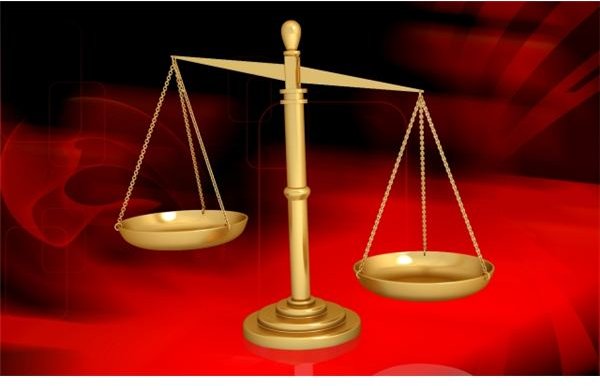Examples of Wrongful Termination: Are You a Victim?
What is Wrongful Termination?
There are several examples of wrongful termination that occur on an almost daily basis. Wrongful termination occurs when an employer dismisses an employee for reasons that are unjust or unfair but unfortunately they are not always easy to pinpoint.
Examples of Wrongful Termination
The following are just a few of the common examples of wrongful termination that exist in the labor market.
- Discrimination
Discrimination can come in many forms. A person may be discriminated against on the basis of race, age, nationality, gender or even pregnancy. While it is not illegal for an employer to favor one employee over another even if these factors mentioned are part of the reasons why, it is unlawful to terminate them based solely on any of the reasons given. The Equal Employment Opportunity Commission has guidelines that describe the various types of discrimination so they are easily recognizable and they also detail how to do about filing a charge against your employer.
- Retaliation for Whistle-Blowing
An employer cannot fire you for refusing to ignore illegal company practices or for not yielding to sexual advances, for instance. These instances can be very serious and can often cause conflicting feelings in the employee especially if the employee has worked at the organization for a long time. There may be a sense of betrayal for calling attention to the immoral or illegal actions of the employer but in the end if the company is acting against the public interest or is engaging in activities that could be harmful to those in the community or to the employee involved and other staff members there may be a very strong case in favor of the employee.
- Termination for Exercising Union Rights
An employer who fires an employee because they have followed the orders of a collective bargaining union is going against the examples set up in the labor laws of each state. An employee has the right to union representation and can exercise this right without fear of retaliation by the employer.
- Defamation of Character
If your employer publicly accuses you of stealing or some other unlawful practice as an excuse for firing you, you may have a good chance of making a case for wrongful termination.
- Breach of Good Faith
If your employer fires you to avoid paying benefits that would have accrued to you then they may be guilty of the “Breach of Good Faith” clause. The trouble is that not all states recognize this clause and there is no Federal law governing any employment practices. Many employers use the Employment at Will Clause to stealthily avoid getting into trouble for these underhanded practices.
What To Do When You Have Been Wrongfully Terminated
If you believe that you have been a victim of wrongful termination you basically have two options.
- You can file a claim with the Government Agencies that deal with the enforcement of Employment Laws. The American Arbitration Association may be willing to help in your case or you can file a charge with the Equal Employment Opportunity Commission.
- You can also hire a private lawyer and file a lawsuit against your former employer if you are financially able to do so.
Image: renjith krishnan / FreeDigitalPhotos.net
Resources:
